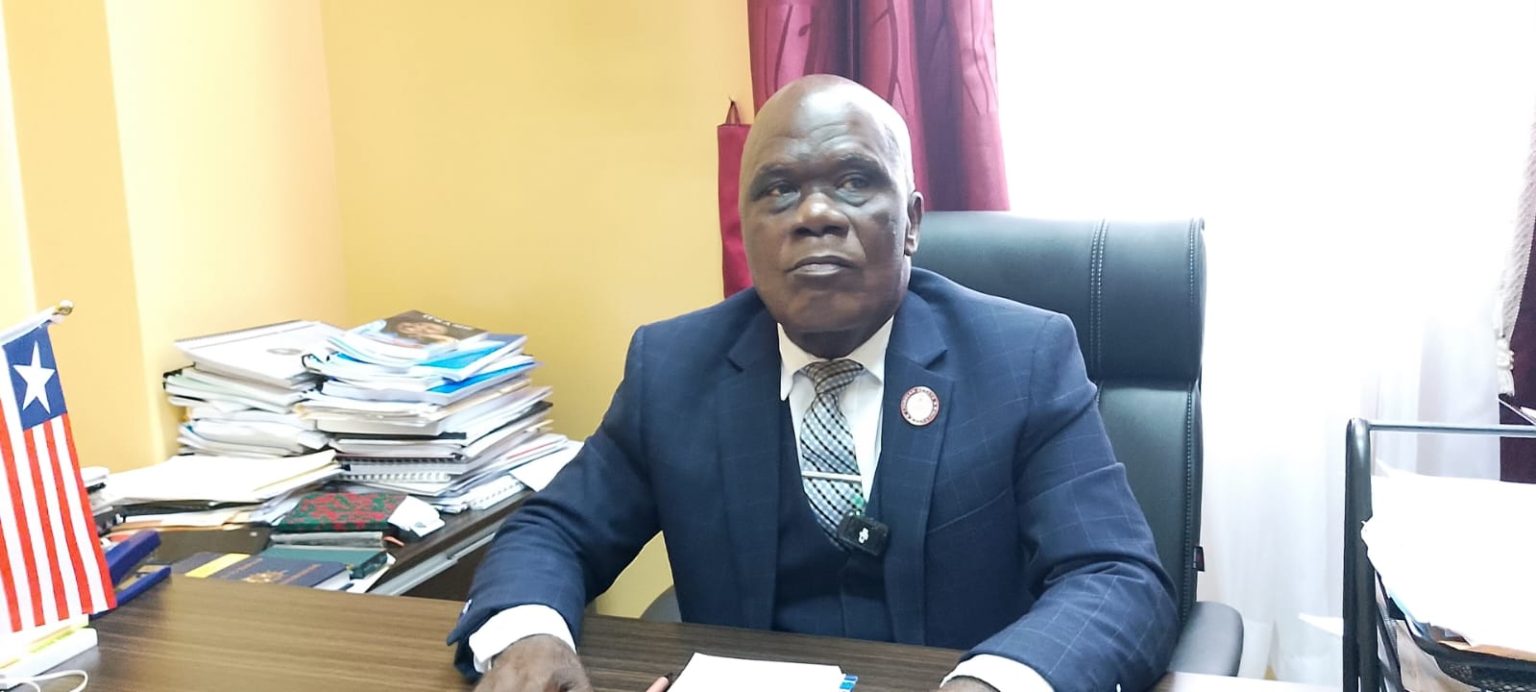The southeastern region of Liberia, particularly Grand Kru County, is grappling with severe infrastructural deficits and socio-economic challenges, a situation that has been highlighted by Senator Numene T. H. Bartekwa, Jr. Just a year after a leader from the southeast left power, the region’s plight has returned to the forefront, raising concerns about the government’s commitment to addressing the long-standing issues that plague the area. The lack of road connectivity has isolated Grand Kru, severely impacting trade and driving up the cost of essential commodities. This isolation also discourages investment and hinders the provision of essential services, further exacerbating the already dire situation. Senator Bartekwa has called on the government to prioritize infrastructural development, particularly road construction, to alleviate the suffering of the people and unlock the region’s economic potential.
The deplorable road conditions have rendered the county virtually inaccessible, effectively cutting it off from the rest of the country. The lack of access has a cascading effect, making it extremely difficult to transport goods and services to and from the region. This has resulted in exorbitant prices for basic necessities, with the cost of a 25kg bag of rice reaching LD$7000-6000 and gasoline selling for LD$1,600. The high cost of living coupled with the lack of opportunities has created a vicious cycle of poverty and deprivation, leaving the residents of Grand Kru struggling to survive. The senator has stressed the urgency of the situation, urging the government to take immediate action to address the road crisis and mitigate the escalating economic hardship faced by the people.
Compounding the challenges posed by the lack of roads is the severe shortage of security personnel. With only fourteen police officers responsible for the entire county, maintaining law and order and responding to criminal activities pose a significant challenge. This inadequate security presence leaves the population vulnerable and further underscores the neglect the region has suffered. The lack of basic services, coupled with the economic hardship and security concerns, paints a bleak picture of life in Grand Kru County. Senator Bartekwa’s plea for government intervention highlights the desperate need for resources and attention to be directed towards this forgotten corner of Liberia.
The inaccessibility of Grand Kru has also created a significant barrier to investment and economic development. Potential investors are deterred by the lack of infrastructure, making it difficult to establish and operate businesses. The few investors present are primarily involved in small-scale and often illegal mining activities, which offer limited economic benefits to the community and can have detrimental environmental consequences. Senator Bartekwa has pointed out that while there is interest from investors in sectors such as internet and communications, as well as commercial banking, the poor road network prevents them from committing to projects in the county.
The lack of infrastructure and the harsh living conditions also make it difficult to attract and retain qualified professionals, including teachers and civil servants. Many individuals assigned to work in Grand Kru eventually leave and return to Monrovia, further hindering the delivery of essential services and impeding development. This brain drain exacerbates the existing challenges and underscores the urgent need for improvements to the living conditions and infrastructure in the county. Addressing these fundamental issues is crucial to attracting and retaining the human capital necessary for the region’s progress.
Senator Bartekwa has called for a “cut-off point” – a decisive intervention by the government to address the long-standing neglect of the southeastern region. He has urged the government to allocate significant resources, potentially through a loan or credit facility of around US$2 billion, to specifically target road development in these isolated counties. He has also highlighted the international support Liberia is receiving, including potential funding from the Millennium Challenge Corporation (MCC) and the International Monetary Fund (IMF), as well as commitments from the World Bank for energy development. He has emphasized the importance of prioritizing road infrastructure development as a crucial first step towards alleviating the suffering of the people and unlocking the region’s economic potential. He believes that leveraging these international partnerships and focusing on road construction will create a foundation for sustainable development and improve the lives of the people in Grand Kru and other marginalized counties.














